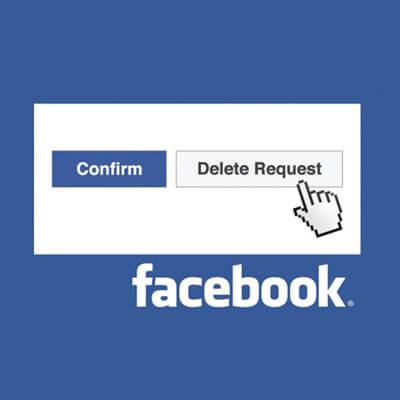Social media background checks have become a common step in the background screening of job applicants. While they may seem like the part of the process that employers can quickly and easily do on their own, there’s more to a social media screen than meets the eye.
It’s easy for that seemingly simple check to turn into a huge headache, which is why employers should never conduct a social media background check on their own. This doesn’t mean they can’t get information about their candidates’ and employees’ social media profiles; it just means they should leave it to a social media background check professional.
Today, we’ll talk about three reasons employers should leave social media screening to a third-party:
- When employers conduct their own social media background checks, they put themselves at risk for lawsuits
- When employers conduct their own social media background checks, they may not use a consistent process
- A third-party will allow an employer to free up time to work on other projects
Employers Risk Lawsuits If They Don’t Conduct a Legal Social Media Background Check
This is the single most important reason employers shouldn’t run social media screens on their own. When done improperly, a social media background check can put your organization at risk for lawsuits.
Here’s why.
Employers are allowed to review publicly available, user-generated information on candidates’ social media profiles. However, many employers are unaware that there are regulations (including state laws) limiting how they use social media in the hiring process. For example, employers can’t ask a candidate to change their privacy settings so their private profile becomes public, request to be friends with them to gain access to their private profile, ask a candidate for their social media usernames and passwords or ask them to pull up their private profile so they can view it.
What’s more, the EEOC and Title VII of the Civil Rights Act of 1964 prohibit discrimination against a number of protected characteristics, including race, color, nation of origin, sex, disability, age and citizenship status. An employer researching a candidate on social media could easily learn that their candidate has one or more of these protected characteristics. This knowledge could cause a biased hiring decision.
How a Third-Party Social Media Screener Helps
When a third-party social media background screening provider conducts a check on a candidate, they help you stay compliant with all social media screening laws.
Besides adhering to FCRA requirements, they’ll only let you see public, legally permissible information. They’ll scrub any personally identifiable information, like information about race or disability, from their final report so you aren’t exposed to information that could bias your decision.
Employers Often Fail to Standardize Their Social Media Screening Process
Employers who do social media screenings on their own often have no written guidelines, processes or procedures in place to ensure they put every candidate through an identical screening process.
For example, an employer may look at three different social networks to find public profiles for candidate 1, but look at six networks for candidate 2. When they look at candidate 1’s profiles, they may find and flag content with offensive language, but don’t do so when they find the same language on candidate 2’s profiles. They may even review what pages candidate 1 likes or follows, but forget to do the same for candidate 2.
As you can see, there are many ways to give different candidates a different screening. This negligence can not only put you at risk for lawsuits like mentioned earlier, but it defeats the purpose of a social media background check entirely. If you don’t have standards in place for your candidates to meet, and they aren’t tested equally, your hiring decision will be made using bad data.
How a Third-Party Social Media Screener Helps
The professionals conducting social media screenings at a third-party provider have written processes and guidelines in place, which they follow for every single candidate they screen. At JDP, our social media background screeners are trained and certified to be experts at conducting effective, accurate screenings. They are familiar with the processes and have experience researching and analyzing social media content, they’re able to find and report on more useful information, faster.
A Social Media Background Check Takes Time Away from Your Other Hiring Responsibilities
Think about everything you have to do to hire one new employee:
- Recruit
- Review resumes
